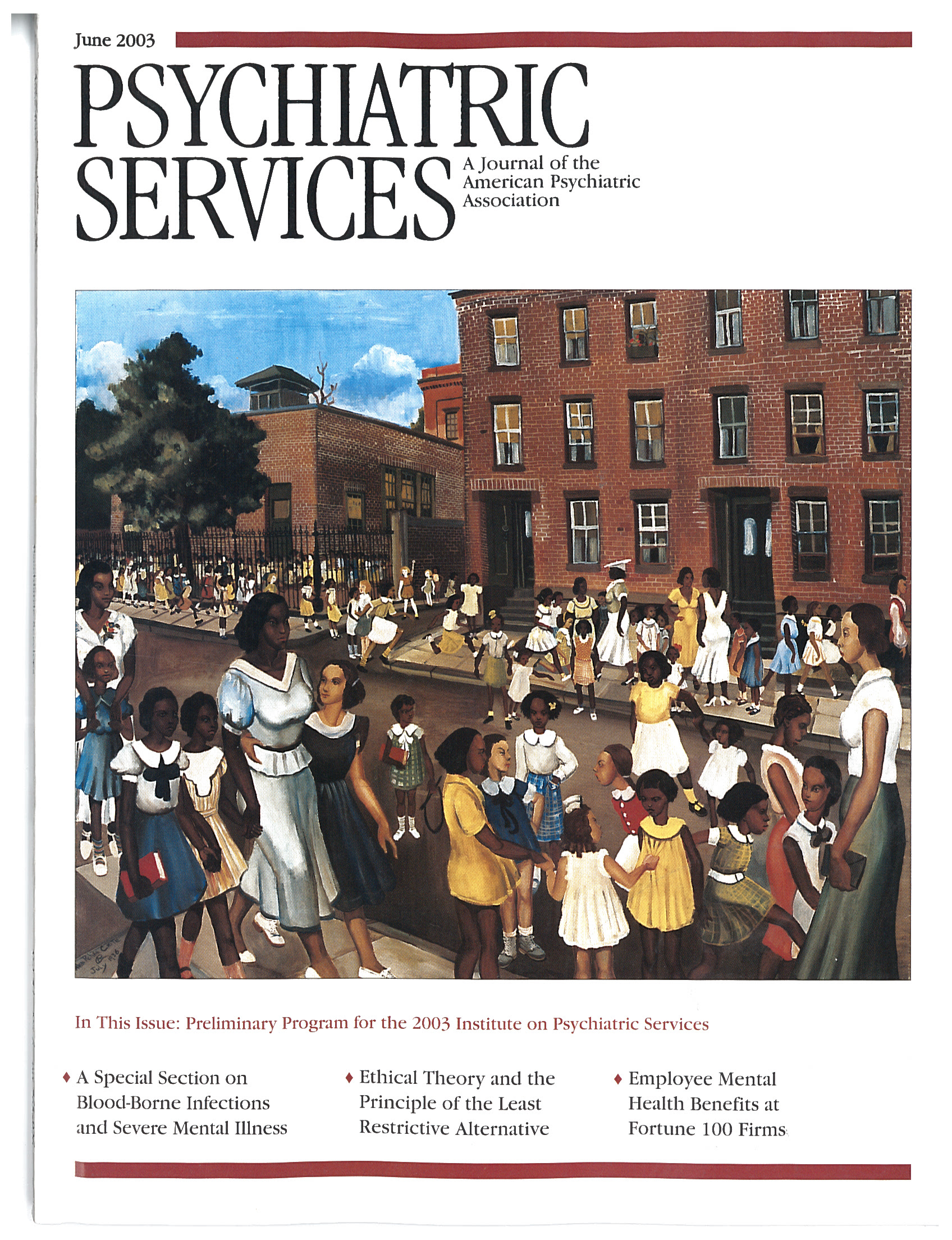In Reply: We agree with Drs. Blank and Kane that many factors complicate screening for depression among elderly patients. In particular, the difficulty of recognizing depression in the context of medical illness is a topic that has received a great deal of attention. We are deeply concerned, however, about the low rates of adequate treatment for depression among home care recipients. As we previously reported, in a sample of 539 elderly home care patients, only 12 percent of the 73 patients with a diagnosis of
DSM-IV major depression received adequate treatment (
1).
The question of who should be responsible for diagnosing and treating depression among home health care patients is complex and without obvious answers. The referring physician has formal responsibility for the patient, yet many patients are referred to home health care agencies by surgeons or medical specialists rather than by primary care physicians. The patients generally suffer complex and multiple medical burdens, complicating the assessment of depression and competing for notice. Many agencies do not have mental health experts on their staff.
In all cases, however, accurate recognition of depression is a necessary first step toward improving care for depression in home health care. We believe that home health care nurses are uniquely positioned to identify depression and to initiate the process that can reduce unnecessary suffering by their patients. First, nurses are the primary health care contact of most home care patients. Second, nurses can observe patients in their home environment. Third, unlike primary care providers, home health nurses are required to screen for symptoms of depression as part of the Outcome and Assessment Information Set (OASIS) and the Plan of Care (Form-CMS-485). Fourth, home care nurses conceptualize their work as part of an interdisciplinary team.
Our study's purpose was not to pit home care nurses against other health professionals by comparing their ability to identify depression. Rather, we hoped to investigate the extent to which problems in identification of clinically significant depression are a barrier to reducing unmet need among elderly persons. We found that home care nurses often miss cases of depression as diagnosed by DSM-IV criteria. Further, and contrary to the expectations of Drs. Blank and Kane, the nurses' ability to recognize depression did not improve with the severity of depression—the sensitivity rates for major and minor depression were 43.7 and 48.5, respectively.
The home care agencies that partner with our institution have committed themselves to the challenge of improving care for depression among their older medically ill patients. This first step—arguably necessary although clearly not sufficient—is to enhance nurses' ability to recognize clinically significant depression in the context of medical burden, functional disability, and the psychosocial challenges of home health care. We are currently collaborating with these agencies to develop and evaluate a nurse training curriculum targeting depression assessment.
We thank our colleagues for their thoughts and look forward to working toward the common goal of improving mental health delivery for this population.

